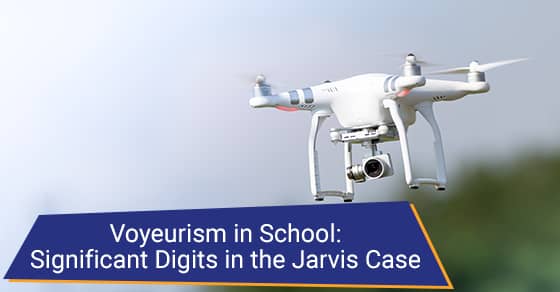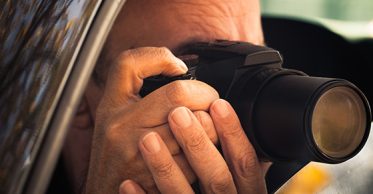Voyeurism in School: Significant Digits in the Jarvis Case

The Supreme Court ruled that a high school teacher, Ryan Jarvis, who secretly recorded students from his pen camera while they were at school has committed voyeurism. Mr. Jarvis’s recordings were mostly directed on the breasts of female students. Previously, two lower courts found Mr. Jarvis not guilty. The trial judge found that the students had a reasonable expectation of privacy but did not believe that the recordings were made for a sexual purpose. The Court of Appeal held that the recordings were made for a sexual purpose but did not believe that the students had a reasonable expectation of privacy. All 9 judges of the Supreme Court agreed that Mr. Jarvis was guilty and found that the students had a reasonable expectation of privacy, although the court offered two separate reasons on why. Below, we break down those reasons, and offer some key figures in both the case of Mr. Jarvis, and other voyeurism cases in Canada.
9 – The majority of the Supreme Court listed nine relevant factors that help determine whether someone has a reasonable expectation of privacy for the purposes of voyeurism. These factors include the location the person was in when he or she was recorded, the content of the recording, and the relationship between the person recorded and the person recording. The majority stated that the factors are not exhaustive and may not apply in every case of voyeurism.
Over 10,000 – The number of pen cameras listed on Amazon Canada. One pen camera, The PenRecorderPro, boasts the same recording quality of a HDTV. “Very easy to use. Very sneaky” reads one review.
5 years – The maximum sentence for voyeurism. Mr. Jarvis will be sentenced at a later date.
2 – Mr. Jarvis is also facing disciplinary proceedings from the Ontario College of Teachers. In two previous disciplinary actions for voyeurism, the College decided to revoke the teachers’ licences. The College intervened against Mr. Jarvis in his case before the Supreme Court and issued a statement applauding the Supreme Court ruling. The College has not yet set a date for Mr. Jarvis’s hearing.
For more information about this case and the topics of voyeurism and privacy, see our blog “Do Students Have the Right To Privacy?” by clicking here.


